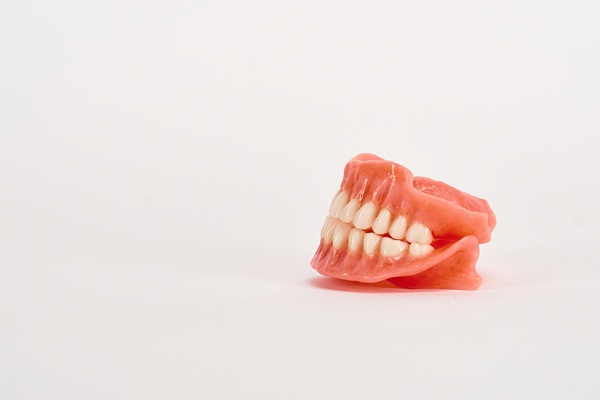 Approval for dental implants puts you one step closer to restoring a complete, healthy smile. Dental implants can restore both the appearance and functionality of a full set of teeth. This way, patients can enjoy a full set of teeth along with a smile they enjoy showing off. The process is somewhat lengthy, so knowing what to expect helps you better prepare.
Approval for dental implants puts you one step closer to restoring a complete, healthy smile. Dental implants can restore both the appearance and functionality of a full set of teeth. This way, patients can enjoy a full set of teeth along with a smile they enjoy showing off. The process is somewhat lengthy, so knowing what to expect helps you better prepare.
The first appointment
Due to the structure of dental implants, the process requires multiple appointments and two surgeries. The first involves inserting the base or post of the dental implant into the jawbone. If the patient receives an implant for a single tooth, the dentist will only use one post. However, if they replace all their teeth, the dentist will insert four to six posts in the upper and lower jawbones. They will finish the appointment by suturing the gumline so the patient can begin healing.
Osseointegration
Following the first appointment, an approximate three-month healing and fusing phase begins. The post will fuse with the jawbone and act as an anchor for the rest of the implant and future restorative. The first 72 hours following a liquid diet is best. Make sure it is nothing too hot. However, patients should follow a nutrient-based soft food diet after this period. This diet can include:
- Mashed potatoes
- Tofu
- Greek yogurt
- Broths
- Scrambled eggs
- Oatmeal
- Flaky fish
Smoking or tobacco products of any kind are not permitted throughout the process and beyond. Smoking and tobacco are known to slow down healing, increase the risk of infection and bleeding, and cause implant rejection or failure.
The second appointment
Once the body accepts the post and the gumline heals, patients will attend their second appointment to attach the abutment. The abutment is the piece that sticks out from the gumline. To attach the abutment, the dentist will need to reopen the gumline, not the jawbone.
The dentist will likely place a temporary restorative over the abutment for protection during the second healing phase. This healing phase will not be nearly as long as the first—usually only a few weeks. During this time, patients will follow the same soft food diet to promote healing.
Last appointment
The last appointment will involve placing the chosen restorative agreed on during the candidacy process. Restoratives can include dental bridges, dental crowns, and more. Dental bridges replace one to four missing teeth in a row. They consist of false teeth or pontics and two crowns on either side that hold them together. The number of pontics the restorative has depends on the number of teeth missing. Dental crowns replace a single tooth or cover a single implant. Its design is a cap that completely engulfs the abutment, giving the appearance and function of a normal, healthy tooth.
The type of restoration to cover the dental implant will depend on the patient's oral health, current needs, and other factors. Before beginning the process, a general dentist will help determine which option best meets the patient's needs. The dentist will also go over proper aftercare instructions to ensure the patient continues to take care of their implant for years to come.
Call us for more information
Whether you need to be approved or have been approved for dental implants, we can help. Call us today to schedule an appointment to go over in more detail what you can expect during this process.
Request an appointment or call Northside Dental Care, PC at 978-206-7077 for an appointment in our Peabody office.
Recent Posts
Missing one tooth or multiple teeth can make it harder to perform everyday functions. It can also make you feel self-conscious about smiling. Dental implants not only restore the function and appearance of your smile, but they also help restore your everyday oral health.Dental implants are artificial tooth roots surgically placed in a person's jawbone.…
Dental implants can replace missing teeth using a combination of screwlike metal posts and dental crowns, bridges, or dentures. Many consider implants state-of-the-art teeth replacement. Though dental implants can be an effective way to restore your smile, it is important to ensure they are right for you and understand how they work.Dental implants can support…
For many individuals with missing teeth, dental implants are an effective way to restore the appearance and function of their smile. However, like any medical procedure, there are potential risks and complications associated with getting dental implants. While these risks are relatively rare, it is important for patients to be aware of them before undergoing…


